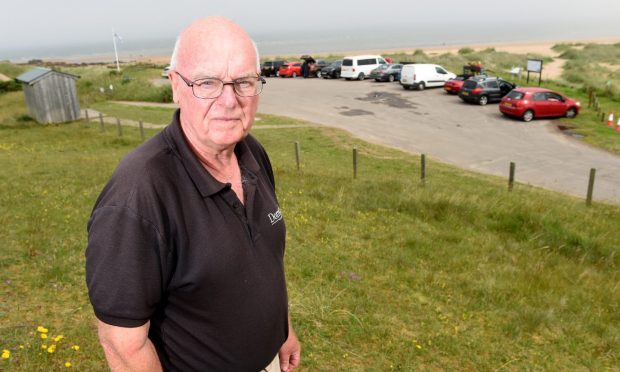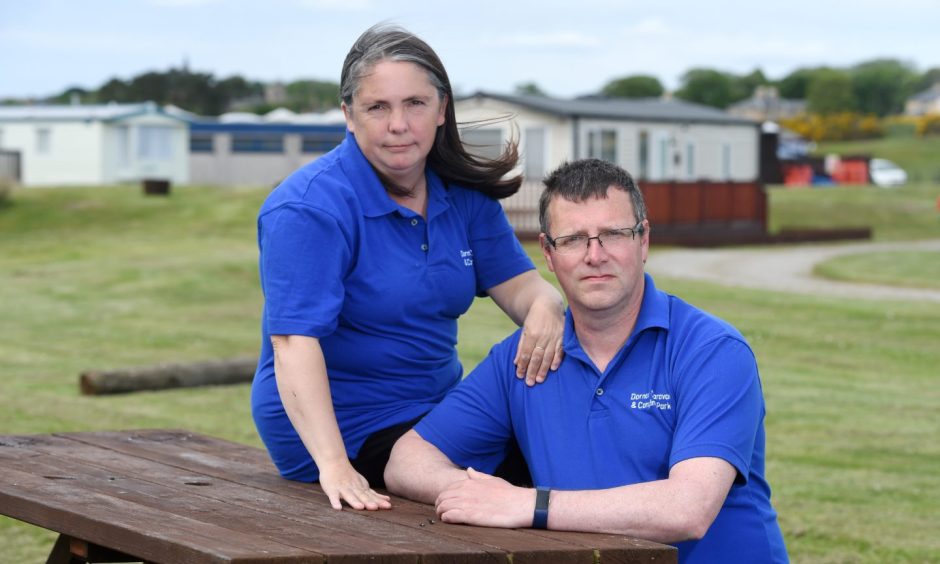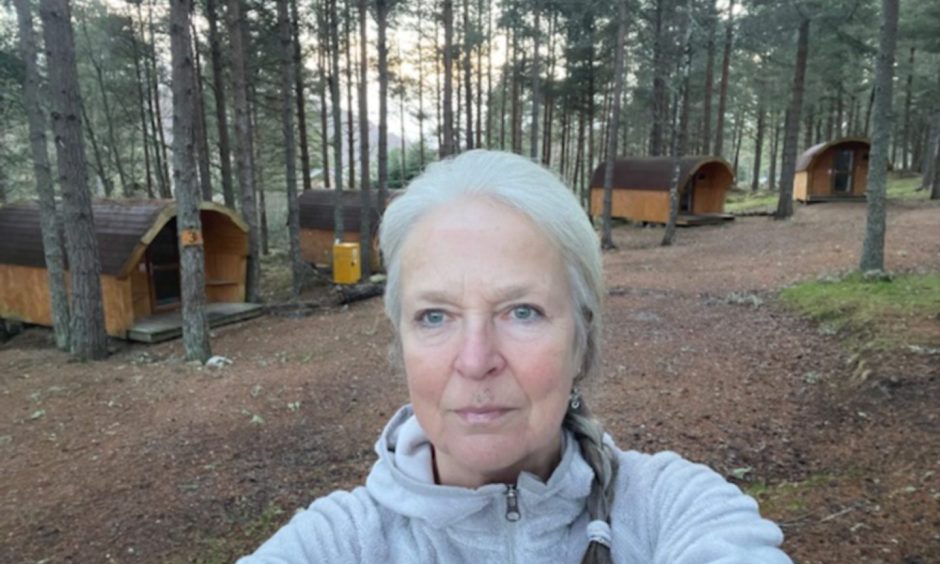Campsite owners across the Highlands have united to challenge Highland Council’s free parking schemes for motorhomes and a proposed 5% tourist tax.
They say they have been forced into action following “damaging decisions” by the local authority which could force them to close.
This includes undermining their businesses with free motorhome parking and a proposed tourist tax.
The newly established Highland Caravan and Campsites Association (HCCA) will now act as a unified voice, representing 37 site operators who have already signed up.
Its formation follows a series of scoping meetings held in Fort William, Wick, Inverness, and Ullapool in recent weeks.
Highland Council not supporting campsite operators
HCCA’s inaugural meeting was chaired by Highland councillor Jim McGillivray on Friday.
He criticised the council for using public money and resources to encourage motorhome use of council car parks in direct competition with Highland site operators.
“Highland Council has not been supportive of these businesses,” he said.
“The first major issue is allowing motorhomes to park overnight in council car parks.
“That’s in direct competition with these private operators who provide significant employment.
“They also pay their business rates and extensive licensing fees and actually provide a very important service in terms of waste collection and disposal of grey water and black water from motorhomes and caravans.
“It’s very frustrating to find motorhomes bypassing them, rolling 100 yards along the road and parking overnight in a council car park which does not have the same stringent licensing conditions that private operators have to follow.”
HCCA’s new chair Ann Edwards operates Camping at Golspie and Camping Pod Heaven.
She said tourism operators had been “banging their heads against a brick wall” trying to get Highland Council to listen to their concerns.
Criticism of ‘Dick Turpin’ levy
Park owners are deeply concerned about the potential impact of its proposed 5% visitor levy, which is currently out for public consultation.
The visitor levy proposal suggests that accommodation providers will be responsible for collecting the levy from overnight visitors.
Ms Edwards described it as a “Dick Turpin levy” and said it was also in HCCA’s crosshairs.
“They are just robbing people because they want to fund services that they have basically mismanaged in the past and now they’ve overspent,” she said.
“If the council was a business, it would be bankrupt.
“The levy is going to deter visitors rather than encouraging them. They’re going to say ‘I’m sorry, not going back’.”
At their first meeting, members raised alarms over the inclusion of motorhomes staying on their sites being subject to the visitor levy, while those parked “off-site” would not be affected.
Levy will ‘negatively impact’ business
Ms Edwards said the association will be submitting a response to Highland Council to ensure it understands how the scheme will negatively impact business communities.
“Everyone was concerned about the visitor levy being proposed by the Highland Council and how this will negatively affect our businesses,” said added.
“We are hoping in the future to work collaboratively to promote campsites in the Highlands in order to showcase how we have something to offer.
“From large campsites on the beach with lots of facilities to very small intimate certified locations where you can get away from it all and everything in between.”
A Highland Council spokesperson said a survey ahead of its 2024/25 budget shows people understand the need for income generation.
“The most common suggestion to do so was through campervans and motorhomes to help support sustainable tourism in the Highlands,” he said.



Conversation